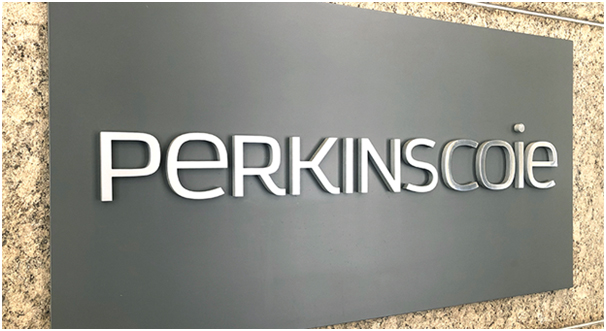
Perkins Coie, a leading law firm with its roots in Seattle, has recently made headlines by announcing a postponement of start dates for particular first-year associates. This decision aligns with the prevailing trend among law firms to delay new hires in response to the continued slowdown in the industry.
In a memo from managing partner Bill Malley, viewed by Bloomberg Law, Perkins Coie informed its first-year associates, except those in the intellectual property practice, that their start dates would be postponed until January 16, 2024. However, the memo states that associates joining the firm's intellectual property group will still commence their positions on September 18, 2023.
As explained by Malley in the memo, the rationale behind this delay is the challenging market conditions that have resulted in decreased demand for legal work across multiple practice areas. To support the deferred associates during this extended period, Perkins Coie has provided a $15,000 stipend to cover their living expenses.
Perkins Coie's decision mirrors a broader pattern observed in the legal industry, where numerous firms have been compelled to postpone the start dates for lawyers in the Class of 2023 due to lagging demand for legal services and a slowdown in dealmaking. Some firms have even resorted to staff and lawyer layoffs to reduce costs in response to these challenges.
Cooley LLP, which underwent its layoffs last year, has also postponed its first-year associates' start dates until January 2024. Notably, the firm garnered attention earlier this month by offering a select number of incoming corporate associates the option to defer their start dates for an entire year, accompanied by a generous $100,000 stipend. Another firm, Fenwick & West, has announced a delay in the start date for its incoming corporate class until January 2024.
The trend of delaying start dates for first-year associates reflects the challenging environment law firms face as they grapple with reduced demand and a slower pace of dealmaking. These circumstances have necessitated cost-cutting measures and strategic adjustments to align with current market conditions.
These delays may present challenges and opportunities for aspiring legal professionals entering the workforce. On the one hand, the postponed start dates may require careful financial planning and adjustments to their career plans. On the other hand, the stipends provided by some firms offer a financial cushion during this extended waiting period.
Perkins Coie and other firms' decision to delay start dates for first-year associates reflects a pragmatic approach to managing resources amidst challenging market conditions. As the industry gradually rebounds and demand for legal services stabilizes, these delayed hires will eventually join their respective firms, bringing fresh perspectives and contributing to their continued success.
The delayed start dates for first-year associates serve as a temporary solution for law firms grappling with market challenges and have broader implications for the legal profession. Aspiring legal professionals entering the workforce may need to reevaluate their financial plans and adjust their career trajectories accordingly. The extended waiting period can allow individuals to acquire additional skills, engage in professional development activities, or explore alternative legal career paths.
While the postponement of start dates may initially seem like a setback, the stipends some firms offer can alleviate financial concerns for deferred associates. These financial cushions can enable them to focus on honing their legal expertise or pursuing further educational opportunities during the interim period.
Law firms, including Perkins Coie, are pragmatic in managing their resources in challenging market conditions. Firms can navigate the current landscape by deferring start dates while ensuring their long-term viability. This strategy allows them to align their hiring needs with the evolving demand for legal services.
As the legal industry gradually rebounds and market dynamics stabilize, the delayed hires will eventually join their respective firms. Their arrival will bring fresh perspectives and a new wave of talent, contributing to the continued success of these organizations.
Law firms, including Perkins Coie, are optimistic that the industry's slowdown is temporary and anticipate a resurgence in demand for legal services. By implementing cost-cutting measures and strategic adjustments now, these firms are positioning themselves for future growth and ensuring they remain competitive in an ever-evolving market.
In conclusion, Perkins Coie's decision to delay start dates for first-year associates reflects the challenging market conditions law firms face. The trend of postponing start dates is prevalent across the industry as firms navigate reduced demand and a slower pace of dealmaking. While the delays present challenges and opportunities for aspiring legal professionals, the stipends provided by some firms offer financial support during this extended waiting period. Law firms adapt to the changing landscape by employing various strategies to manage resources and ensure long-term viability. Ultimately, as the industry rebounds, these delayed hires will contribute to the success of their respective firms.





